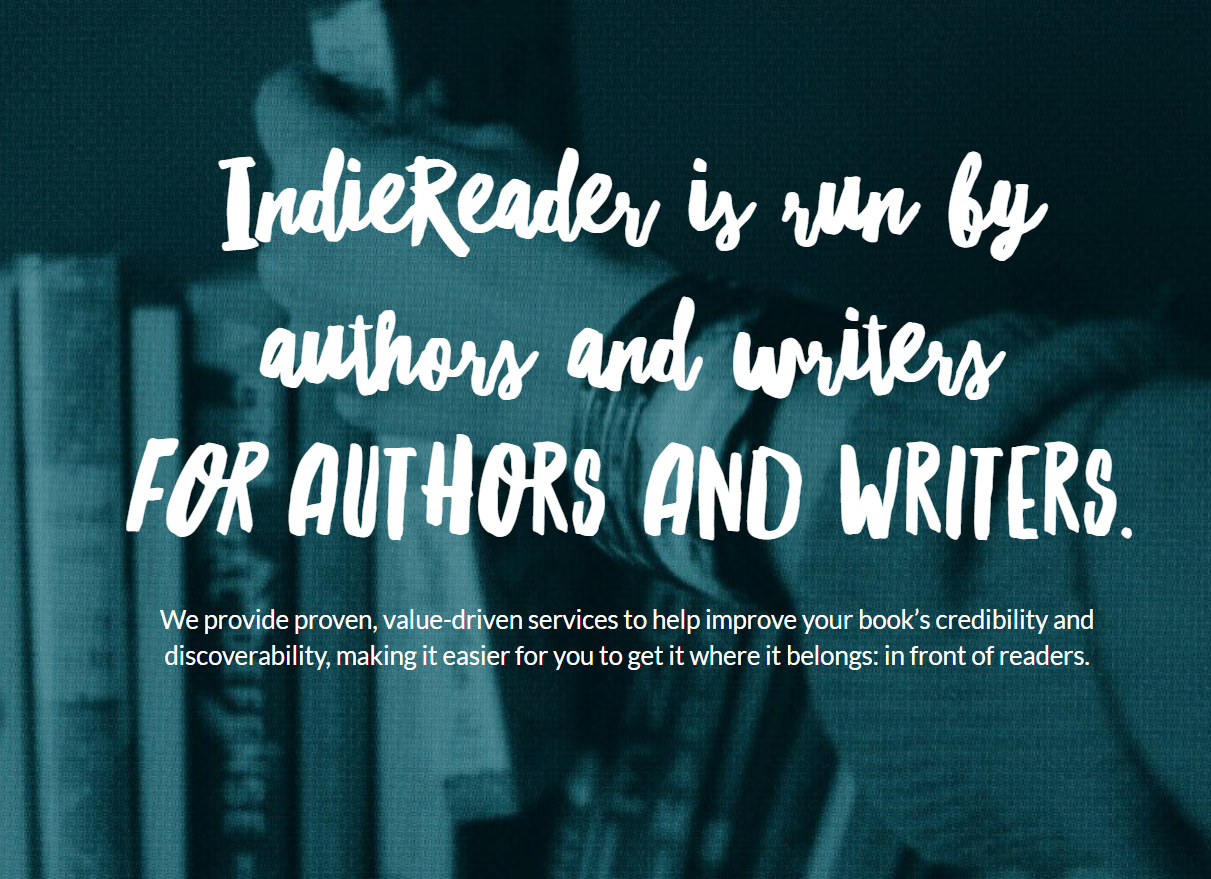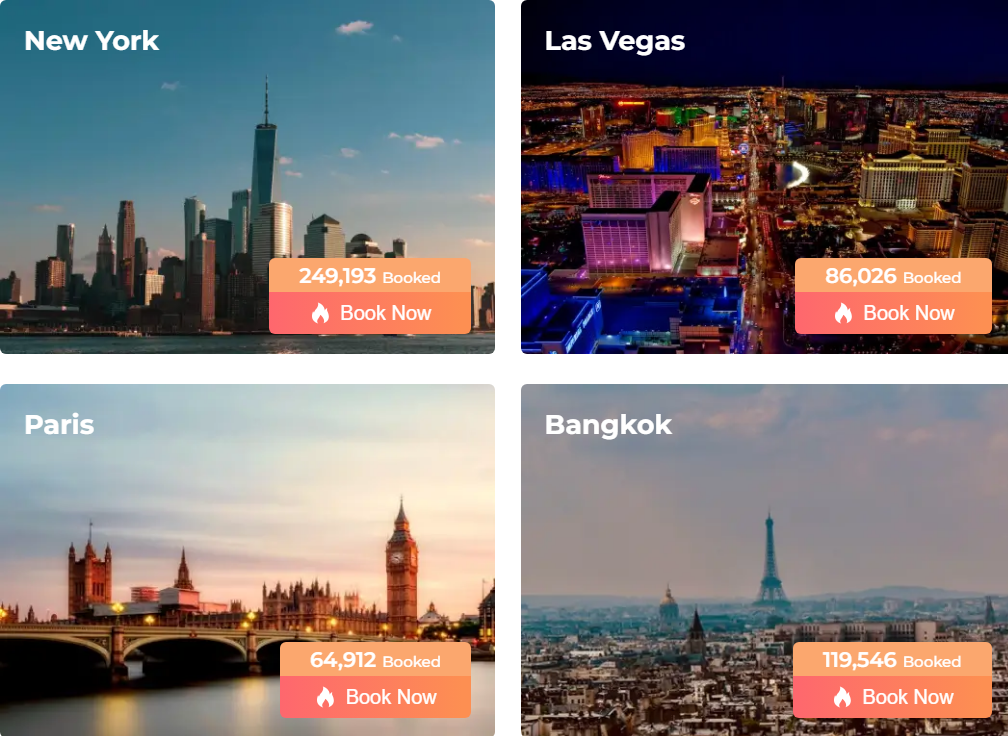Early within the pandemic, a number of worldwide publishers – with good intentions, little question – posted tweets claiming that the lockdown most likely wouldn’t make an enormous distinction for fiction writers, who’re, as a common rule, solitary creatures, used to working from residence. Not understanding workplace work or crew effort, novelists can be much less affected by the adjustments led to by Covid. My expertise, nonetheless, has been the alternative. The pandemic upended life as we knew it; authors and artists weren’t exterior the struggles of wider society. Simply because we’re hopeless introverts doesn’t imply we weren’t thrust right into a liquid world together with everybody else.
This can be a main crossroads for all of us – formed by the pandemic but in addition the urgency of local weather destruction, rising inequalities and battle on the European continent and past. The choices that we make now will decide the standard of life for generations to return. None of us has the posh of being disconnected, disengaged or numb.
In my newest novel, The Island of Lacking Timber, one of many characters says one thing that I hold churning in my thoughts: “There are moments in life when everybody has to change into a warrior of some variety. In case you are a poet, you combat along with your phrases. In case you are a painter, you combat along with your work … however you can’t say, ‘Sorry I’m a poet, I’ll cross.’ You don’t say that when there may be a lot struggling, inequality, injustice.” Ours is the age of tension, and many people are fighting destructive feelings starting from anger to concern, frustration and confusion. It’s emotionally taxing, but when this have been to evolve into the age of apathy, it might bea a lot tougher and darker world to dwell in.
On the coronary heart of our most significant current debates is a set of primary ideas which have been taken with no consideration for too lengthy: democracy, society, household, freedom. What do these phrases imply, precisely? This can be a time when our most elementary terminology must be outlined and redefined. Regardless of what Thatcher, Reagan and their worldwide counterparts claimed beneath the banner of the New Proper, there may be such a factor as “society”. The pandemic made clear that we’re not atomised people every occupying our personal little nook of the free market. On the root of the phrase “society” is the Latin societas, from socius – companion. Once we outline what a society is, we’re additionally defining who is part of “us” – and who, subsequently, just isn’t.
This world of polarisations and fixed rigidity doesn’t encourage us to have fun range, pluralism and multiplicity. We’re continuously decreased and pushed into monolithic containers. The phrase “identification” is just too deeply and stubbornly related to uniformity and sameness – however in reality, identification is extra fluid than stable, extra various than homogeneous. It doesn’t should be reductionist; it could possibly develop and broaden, like ripples in water. The early Stoic thinker Hierocles developed the thought of oikeiôsis, a principle of belonging represented by concentric circles. The innermost circle represents the person, with the encompassing circles symbolising instant household, prolonged household, townspeople, countrymen, residents of the land and, lastly, humanity as a complete.
The pandemic was time to embrace this concept. Within the face of loss of life and illness, we might have recognised our frequent humanity and interconnectivity like by no means earlier than. But, whereas to some extent this was achieved, we additionally ended up with one other sort of division and duality: vaccine nationalism. Richer international locations hoarded vaccines whereas massive swathes of individuals internationally had barely any entry to such safety.
That is the age of tension – we should not let it change into the age of apathy
Then got here struggle on the European continent and a horrific humanitarian disaster following Putin’s invasion of Ukraine. Once more, as an alternative of bringing individuals collectively and uniting round frequent values, populist demagogues are busy dividing humanity. The response of the European public in direction of Ukrainian refugees offers me hope, but when we can not present the identical solidarity and sensitivity to different refugees – from Syria or Afghanistan, or the local weather refugees of the longer term – we’re not studying the teachings of our instances.
That lesson is that we’re a household, undivided by faith or race or geographical proximity. We’re a global group. However it’s this notion of humanity as household that’s being attacked proper now, from the terrified ladies and kids in basement shelters throughout Ukrainian cities to ladies’s rights activists in Afghanistan, human rights activists in Syria, local weather activists in Brazil and LGBTQ+ activists in Bangladesh. Now we have entered a brand new period, with large world challenges forward of us. We can not cope with these challenges by reviving the forces of isolationism, tribalism and a me-first strategy. Likewise, we can’t be single-issue individuals: for those who care about local weather injustice, you additionally have to care about gender injustice. Ladies and kids are affected disproportionately by environmental destruction, and at any time when there may be large displacement, there may be additionally an alarming enhance in sexual violence and gender discrimination. In case you care about gender inequality, you also needs to care about racial inequality, class inequality, regional inequality and so forth. Except we join the dots, nothing will enhance.
I’m sick and bored with tradition wars and the best way they’re stoked by politicians in energy. In a time of actual struggle, we can not afford to be divided. An excessive amount of is at stake. Time to desert, as soon as and for all, populist myths of identification which have been used to divide individuals and hold them aside.
The pandemic made it pressing to understand the immaterial issues in life: household, friendship, sisterhood. Now, we should broaden our horizons: household is humanity, friendship extends past nationwide borders and sisterhood means nothing until it’s translated globally.






